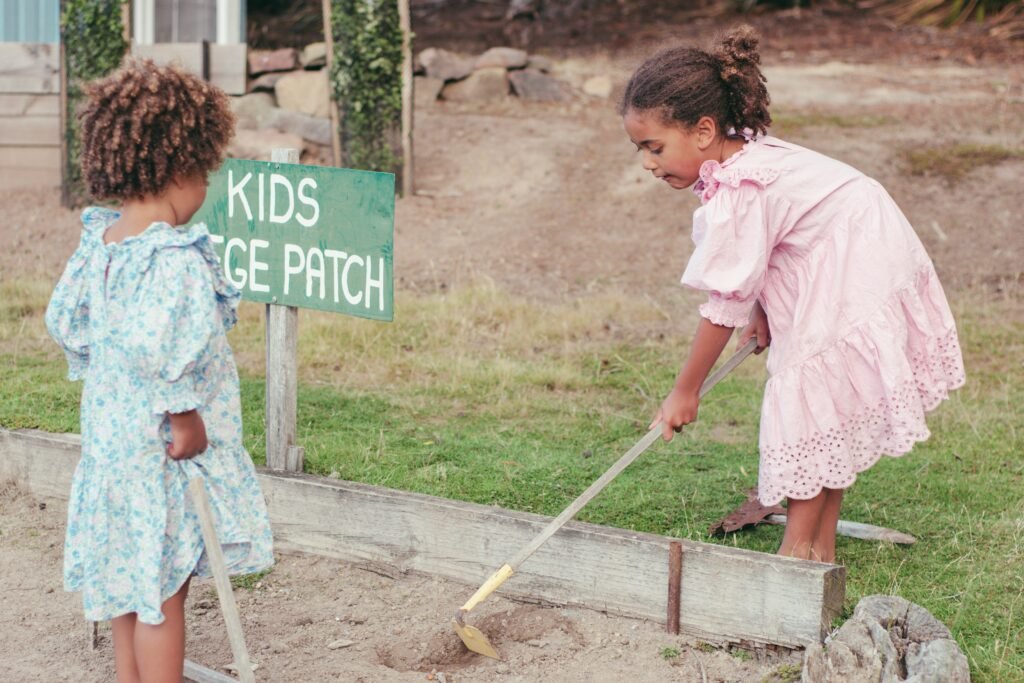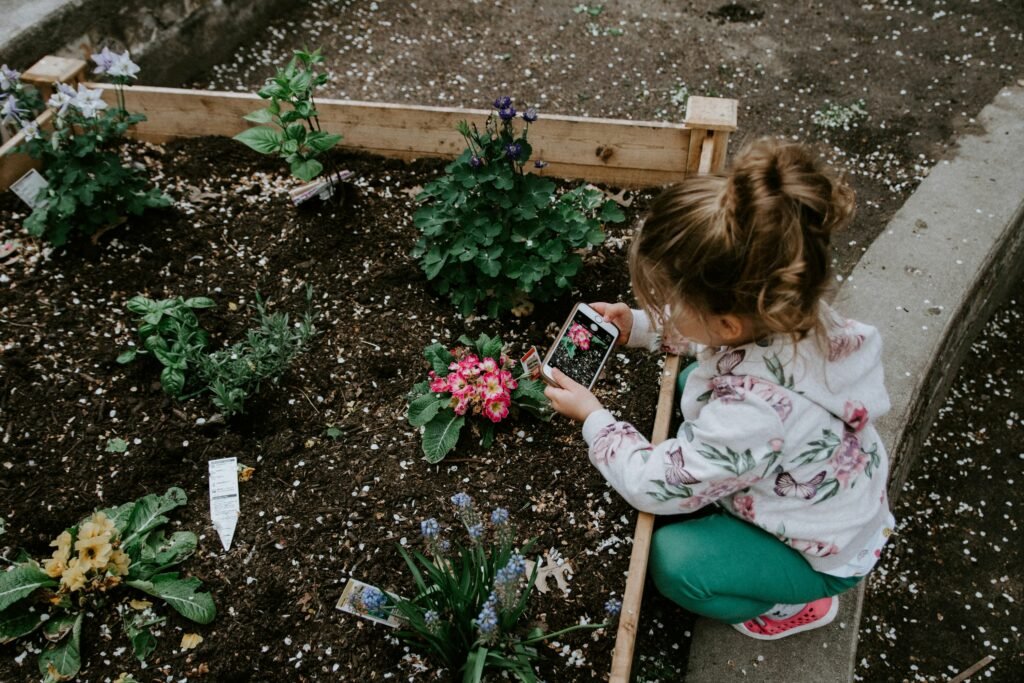In today’s rapidly changing world, children face a plethora of challenges. From navigating the complexities of technology to understanding their role in a globalized society, the demands on the younger generation are immense. While traditional education equips them with academic knowledge, there’s a growing recognition of the importance of life skills activities. These skills, which encompass psychosocial competencies and interpersonal abilities, empower children to make informed decisions, solve problems, think critically, and communicate effectively.

Basic First Aid
Accidents happen, especially with active kids around. Equip them with basic knowledge, like treating minor cuts or bruises and the correct way to apply a bandage. Always stress the importance of seeking adult help for bigger injuries.
Why this is important: Basic first aid is one of the essential life skills to teach kids. It ensures they can respond promptly to minor injuries, promoting safety and awareness of their own well-being.

Gardening
Gardening is more than just a hobby; it’s a lesson in patience and responsibility. Start with planting a seed, nurturing it, and watching it grow. It’s a tangible way for kids, especially life skills for preschoolers, to see the results of their care and effort.
Why this is important: Gardening teaches children about the environment, the importance of nurturing, and the rewards of patience. It also connects them to nature, fostering a sense of respect for the world and nature around them.

Cleaning and Organization
A tidy space often leads to a tidy mind. Introduce kids to the world of cleaning by assigning them simple chores, like making their bed or putting away toys. Encourage them to take pride in organizing their own space, be it their study desk or toy shelf.
Why this is important: Cleaning and organization are functional life skills activities that instill discipline, responsibility, and a sense of accomplishment. They learn the importance of maintaining a clean environment for health and well-being.

Basic Sewing
While it might seem old-fashioned, sewing is a handy skill. Start with simple tasks like buttoning or making a basic stitch. Emphasize the importance of careful handling, especially when using needles.
Why this is important: Sewing is not just about mending clothes; it’s one of the things to teach kids about self-reliance and precision. It also fosters creativity, as they can create or customize their own clothing or accessories.

Navigational Skills
In this digital age, basic navigation is still a valuable skill. Introduce kids to reading simple maps, maybe during a family outing. Organize treasure hunts in your backyard or park, where they follow clues and directions.
Why this is important: Navigational skills enhance spatial awareness and observational abilities. It ensures kids are not overly dependent on technology and can find their way in unfamiliar settings, boosting their confidence and sense of adventure.

Laundry Basics
Laundry isn’t just about cleaning clothes; it’s a lesson in responsibility and care. Teach kids the basics, like sorting clothes by color or fabric and folding them neatly. Make them familiar with care labels, explaining what each symbol means.
Why this is important: Mastering laundry basics is part of daily living skills activities that promote self-reliance. Kids learn to take care of their belongings and understand the importance of maintaining them for longevity.

Budgeting and Money Management
Transform your living room into a mini-marketplace! Engage in activities like playing store or bank, where they can buy, sell, or save. This hands-on approach helps them grasp the concept of money, its value, and how to manage it.
Why this is important: Teaching life skills related to money early on helps children understand the importance of saving, spending wisely, and making informed decisions. It lays the foundation for financial literacy.

Cooking Basics
Introducing kids to the kitchen is one of the easy things to teach that can have lasting benefits. Start with simple recipes they can try, like making a sandwich or a fruit salad. While they’re at it, emphasize the importance of safety, like staying away from hot surfaces, and hygiene, like washing hands before cooking.
Why this is important: Cooking not only equips kids with daily living skills but also instills a sense of independence. They learn the value of nutrition and the joy of creating something with their own hands.


